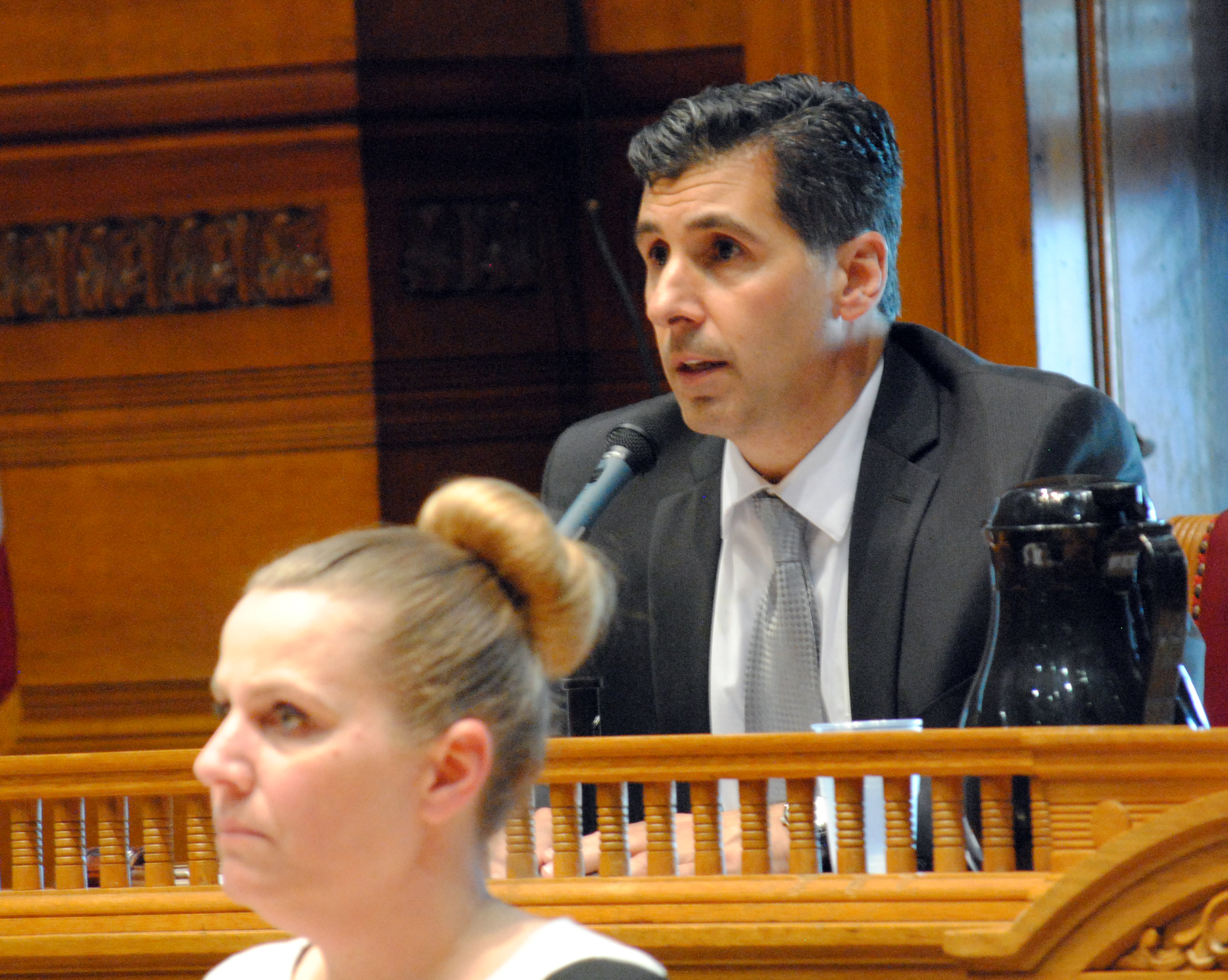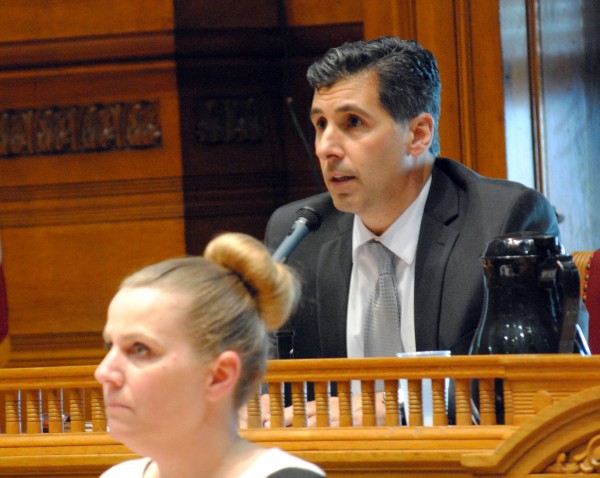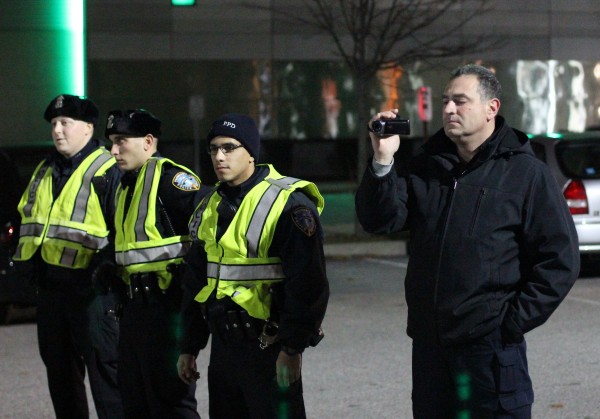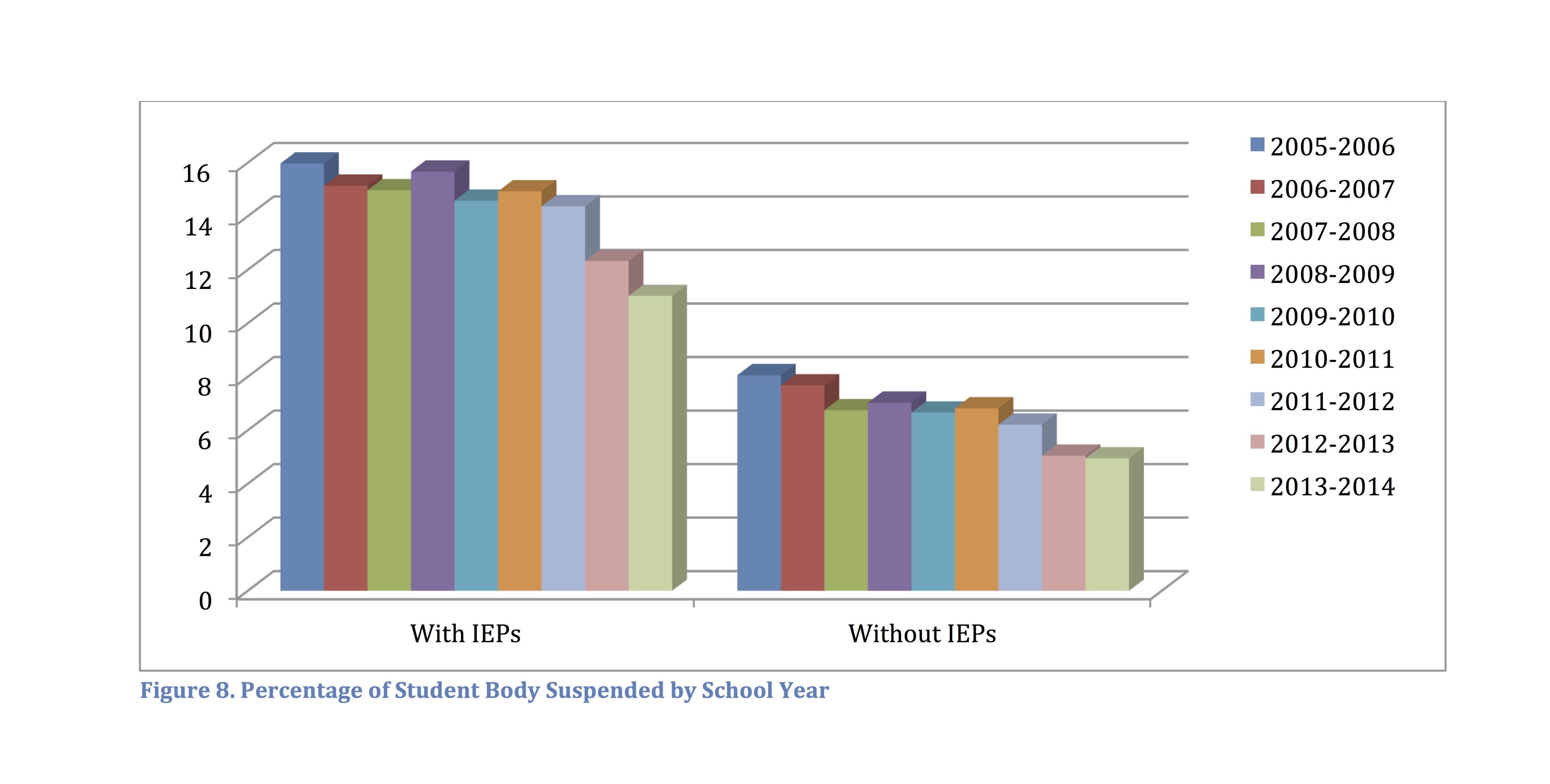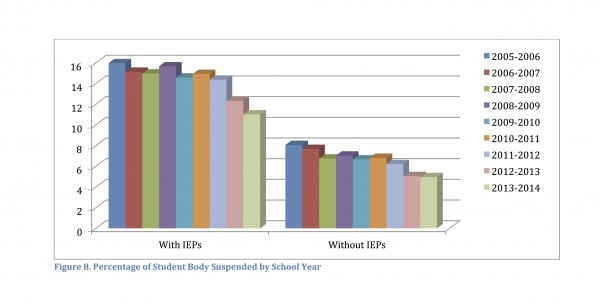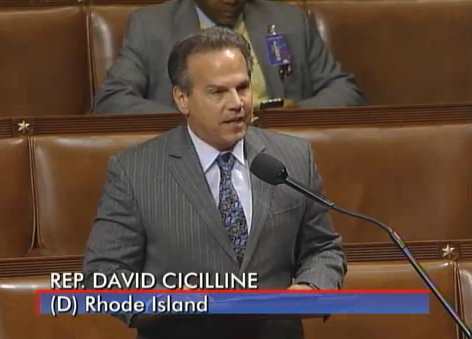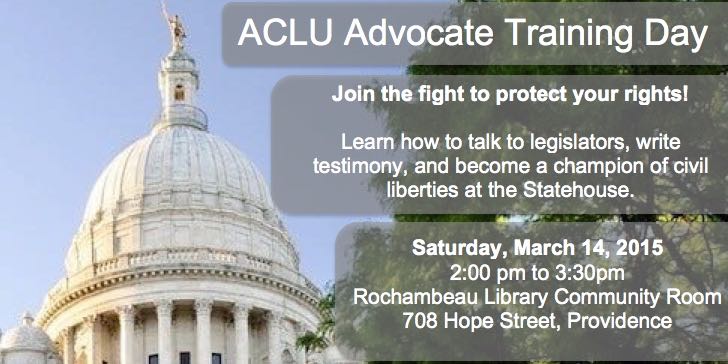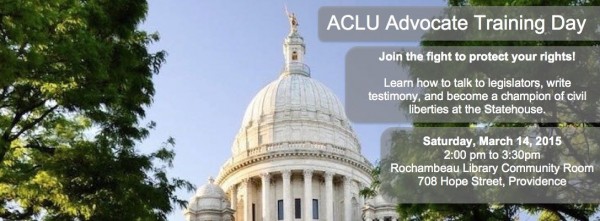 As the landscapes of media and communication continue to evolve, the lines between news, opinion and entertainment are blurring quicker than society can vet facts. Thus, there seems to be confusion over what is unsafe and what is uncomfortable. While the two concepts are not mutually exclusive, it is imperative to understand that neither are they the same.
As the landscapes of media and communication continue to evolve, the lines between news, opinion and entertainment are blurring quicker than society can vet facts. Thus, there seems to be confusion over what is unsafe and what is uncomfortable. While the two concepts are not mutually exclusive, it is imperative to understand that neither are they the same.
While the two concepts are not mutually exclusive, it is imperative to understand that neither are they the same.
Politics and (some) Violence
In the United States, politics was established as the means by which problems can be addressed without violence. This places faith in a system, regulated by layers of redundancy in its checks and balances, to decide what measures to pursue that reflect the vox populi. One can guess that when the founders were composing the fundamental document to establish our government, they were still reeling from the echoing concussions of revolution. These men did not feel safe.
Rather, the founders probably felt correspondingly unsafe with the prospect of a disproportionate amount of power allocated to either the central government or the state governments. They felt unsafe with the potential uprising of a population of people who were kept as property based on their race. They felt unsafe due to the enormous financial debt incurred by the colonies for the economic costs of war. So, they designed such constitutional measures as separation of powers, the second amendment to the Bill of Rights, and a fractional reserve system of banking. What worked to preserve their safety at the time was, perhaps, shortsighted.
Two-hundred-thirty or so years later, our nation, devised in liberty and dedicated to the proposition that all men are created equal, has risen to a peak in global prowess that demonstrates the success of the system born of revolution, as well as showcasing its many flaws. History shows us that, when diplomacy fails and compromise is not pursued, violence fills the vacuum. While the argument can be made for the causes of political breakdowns to be many and complex, the most notable of them have been over race, war, and money.
Last Place Aversion in (presidential) Politics
The social phenomenon happening today has been increasing in frenetic urgency every four years, showing itself in the form of presidential campaign rhetoric. Fears are stoked and false equivalencies are pedaled. Now, as the locomotive of the Republican Convention barrels into the station as if driven by Casey Jones, the strategy has become clear. Donald Trump has tapped into the ugly effectiveness of the last place aversion paradox. Last place aversion is, to put it in extremely simplistic terms, the concept of relinquishing power to those with more, if it means preserving that power from those who have less. Following Donald’s speech, now more than ever, for Democrats to win this election against the nativist, hyper-nationalist, downright racist messaging of the Republican nominee’s pro-wrestling-style cheap-pop, they must focus all their campaigns -presidential and otherwise – on civil rights. In fact, all issues must be rooted in civil rights. That is an uncomfortable truth.
Last place aversion happens when uncomfortable is confused with unsafe. Self-preservation and self destruction look alike. The rest is just dressing one’s decision with self-serving justification to make it more palatable. Often such justification is fed to people by campaigns who would have people believe that politics is something worthy only of being the butt of a joke, or effective only when threatened with the barrel of a gun. This is thinly veiled by pundits and surrogates who use the word “establishment” with negative connotation, as if when they say it they want to laugh or spit. Just as familiarity breeds contempt, so does being an outsider fill voters with a sense of honesty and purity.
The Obama Coalition, consisting in large part of the growing minority population that makes up a reliable and vocal block of voters, ready to mobilize, and for whom this election is far too important to stay home, will be organizing and voting for the Democratic nominee. That, for some, is also an uncomfortable truth.
Trump in the Garden of Good and (mostly) Evil
Donald J. Trump has campaigned by exaggerating issues that make many people uncomfortable, thereby creating the illusion they are unsafe. Race in America is an uncomfortable conversation. Immigration is an uncomfortable conversation. Terrorism and religion is an uncomfortable conversation. Yet, by harnessing the manipulative aspects of the behavioral psychological phenomenon of attribute substitution, a process thought to underlie a number of cognitive biases (including stereotypes), Trump has tipped the scale away from many of these uncomfortable conversations. If addressed bravely and honestly by Americans, perhaps communicating on these issues would make the nation a safer place in the long run. Instead, Trump scapegoats the populations statistically facing the most real danger, painting them as the causes of danger for those who are likely to harbor biases and discomfort.
Described by Daniel Kahneman in his book, Thinking, Fast and Slow, attribute substitution is best explained as:
“When faced with a difficult question, we often answer an easier one instead, usually without noticing the substitution.”
Kahneman goes on to clarify the concept:
“An easy question (How do I feel about it?) serves as an answer to a much harder question (What do I think about it?).”
Many Americans prefer not to think about “it” at all. In spite of the fact that the average (white) American is far more likely, statistically to die of heart disease than by Islamic terrorism, he is still more likely to stare suspiciously at the Middle Eastern-looking gentleman at the ballpark, while eating a second hot dog and drinking a 32 ounce Mountain Dew. That same person may complain about “Mexican illegals” taking American jobs, after leaving his empty cup and hot dog wrapper on the ground to be cleaned up by a tax paying, undocumented, Ecuadorian immigrant – a job the average (white) American would never accept. Then, he may confidently drive home, in excess of the speed limit, knowing if he gets pulled over, he will be able to afford the speeding ticket. The average (white) American takes for granted that, were he stopped, he would not be shot by the police officer.
It was to an audience, made almost exclusively of this average (white) American, to whom Trump addressed his speech, describing a thousand points of darkness. In the city in which Tamir Rice was killed for holding a toy gun, Trump talked about being the law and order candidate. Simultaneously, white nationalists and open-carry enthusiasts brandished real firearms absent of police interference. Because, the problem, according to Trump, was everyone except his audience. To call on his audience to look within themselves and discern whether or not they enjoy privilege that others lack, would make them extremely uncomfortable. The only ask he made of his audience was to vote to put him in charge and let him speak for America. Because, only he alone can solve the scourge of lawlessness which he blames on everyone except himself and his supporters. That is not only wholly illogical, it is decidedly unsafe.
(not) Voting Your Conscience
Come November, Americans will vote their individual consciences. One might argue that, based on the collective conditioning of attribute substitution and its influence on people’s cognitive biases, people who “go with their gut instinct” are just as often wrong as they are right. Yet, just as likely is that voters have already made their decisions and are simply seeking justification for the choice that makes them most comfortable. Another quote by Kahneman goes:
“We think, each of us, that we’re much more rational than we are. And we think that we make our decisions because we have good reasons to make them. Even when it’s the other way around. We believe in the reasons, because we’ve already made the decision.”
Voting one’s conscience makes one feel comfortable. Perhaps it may be better to truly weigh the facts and the potential consequences before voting.
Of course, this unsolicited advice is not directed at you. I’m certain your choice will be weighed, measured, and not be found wanting for that which is best overall for the nation’s most vulnerable and the longest and most balanced period of peace and prosperity.
Politics is not the enemy. It is the process by which America solves its problems, albeit slowly and uncomfortably, without resorting to violence.



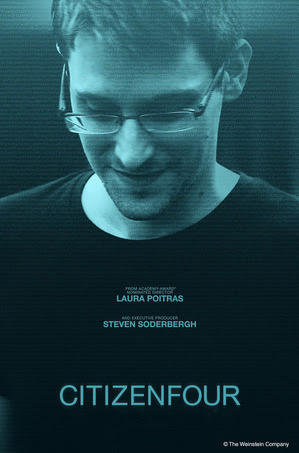
 oin the ACLU of Rhode Island and the Brown University Chapter of ACLU-RI on Thursday, February 4, for a free screening of Citizenfour and a discussion of surveillance and privacy in the digital age.
oin the ACLU of Rhode Island and the Brown University Chapter of ACLU-RI on Thursday, February 4, for a free screening of Citizenfour and a discussion of surveillance and privacy in the digital age.













